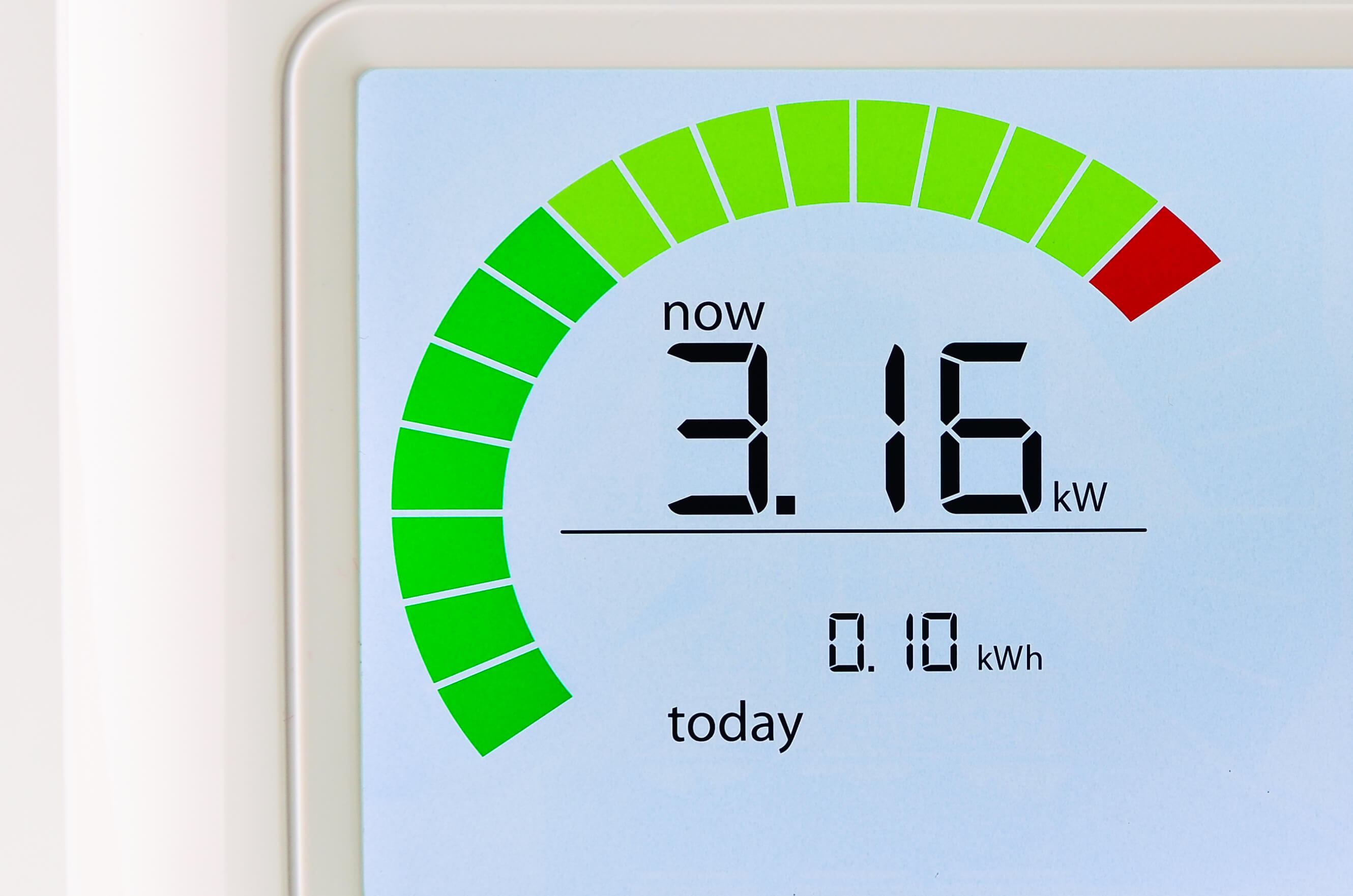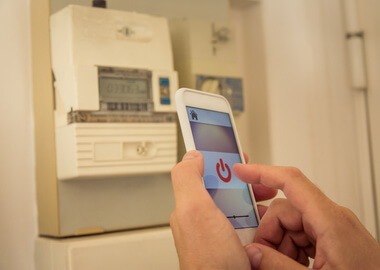Benefits of Smart Meters for People, Companies and the Environment
Widespread integration of smart meter technologies is on the agenda of all major U.S. and U.K. electricity suppliers.
According to the IEI report, 98 million smart meters have been installed by the end of 2019, which covers over 70% of US households. In the UK, the transition to smart meters is a part of a governmental initiative that involves a full national grid upgrade by the end of this year.
Switching to smart meters brings multiple cost, efficiency and safety benefits to energy providers and consumers. Aside from that, the adoption of smart metering technologies makes a major impact on the environment.
In this article, we are going to talk about the many benefits of these technologies and focus on the bigger picture — the role of this technology in combating environmental problems.

You will learn:
- What smart meters do
- About the pros and cons of switching to this technology
- How smart meters help the environment
- How smart meters improve safety
What a Smart Meter Does
Smart meters are metering devices that measure electricity consumption in real-time. A smart meter transmits data directly to a power supplier over the network. It also shows readings and, in many cases, the calculated cost of energy on a user display.
If it is a part of a more complex energy management system, a smart meter becomes one of the major sources of data for power consumption monitoring and control, load and energy storage management, integration of solar and other renewables into the grid as well as dynamic utility pricing.
From a customer’s point of view, switching to this technology doesn’t imply a radical change in routines. Essentially, these are small devices in the electric panel similar to regular meters. Except now, there’s no need to report readings monthly, no more estimated bills and confusing numbers. However, the benefits of smart meters don’t stop there.

Smart Meters Pros and Cons
When talking about smart meter pros and cons, we will start with pros for they significantly outweigh the cons.
Pros
- As mentioned earlier, smart meters send usage data automatically to the supplier, so there’s no chance to miss a date or confuse the numbers. Also, it minimizes the chance of a mistake.
- Smart meters enable accurate calculation of cost and provide previously unavailable transparency into energy usage. Households can track their consumption in real-time, identify waste points and control spending, build an informed strategy on power consumption. Utilities, in turn, can build flexible pricing models based on power load and usage data.
- As part of hybrid energy systems, off-grid and other resilient solutions, smart meters and the Internet of Things solutions for energy management and storage are the enablers of a new generation of smart grids. These grids are cleaner, safer, more sustainable and better address national and global requirements for the reduction of carbon emissions.
- Transition to smart meters helps energy suppliers balance the load on the system and provide better safety and stability. We are going to talk about this benefit later in the article.

Cons
- One of the cons could be the need to ask power suppliers for the professional installation of smart meters. In most cases, it’s free and uncomplicated, though the transition may require some learning at the beginning.
- PV owners may come across some inconveniences when dealing with the older generation of smart meters unable to properly measure power usage and excess production when it comes to renewables. Though, the newest smart meters using IoT and related technologies are fully compatible with modern renewable systems.

Benefits of smart meters for the environment
According to the United States Environmental Protection Agency (EPA), buildings in the U.S. produce 30% of carbon dioxide partially responsible for climate change.
One of the most important smart metering benefits is a positive impact on the environment. Thanks to different technologies including big data analytics, IoT and, in particular, smart meters, saving energy is now an available practice to every player in the energy market.
Consumers
Smart meters help people revise their individual power consumption habits and contribute to prudent and responsible consumer behavior.
Utilities
Using insights on energy usage, utility companies develop various tariffs, including pricing incentives to encourage energy saving.
Energy producers
Energy companies combine information from different data points such as changing consumer demand, load, weather, etc. to make predictions and optimize the production of energy. It helps avoid waste and maximize the part of clean energy in the overall volume of energy supply.

Environmentalists
The data on power consumption helps researchers and environmentalists better understand the role and measure the effectiveness of renewables in the energy sector and build data-driven conservation strategies.
Governments and international organizations
As we said at the beginning, the transition to smart metering technologies is a part of many governmental initiatives to strengthen the energy sector and switching to smart grid technologies. It is also an essential step to implement the range of national and global environmental commitments, including the reduction of carbon emissions and the integration of clean energy.
Read: Benefits of IoT asset management technology
The Impact of Smart Meters on Safety
In terms of safety, the transition to smart meters provides additional benefits to energy companies and households.
- Detect anomalies. Advanced energy management systems, powered by smart meters and IoT solutions, provide homeowners not only with the consumption data, but also help monitor loads and detect any anomalies in the operation of electric appliances. This feature helps avoid local outages and improves fire safety.
- Balanced load in the system. In the pros section, we have already mentioned the value of smart metering data for energy suppliers. Combining the data on consumer demand and the load on the system, energy companies develop incentive tariffs to unload the system in the peak demand time and avoid possible blackouts.
- Smart storage. Combined with smart meters, IoT systems for energy storage help households become more resilient and go completely off-grid in case of any problems with local energy supply. Modern storage systems put full control over storage resources to the homeowner’s hand, enable the management of critical appliances and stored energy.
Smart Meter Solutions with Digiteum
Are you interested in smart meter solutions and seeking consultation from an experienced Internet of Things developer? Or already working on a smart energy project and looking for a skilled software development team to implement your IoT business ideas?
Either way, Digiteum team is here to help. We have relevant experience in this sector — we have been working with a major smart metering and clean energy solution provider in the U.S. market for over two years and know the specifics of this industry upside and out.




